
Filtration, within the scope of industrial processes, is a sophisticated & indispensable method meticulously designed to separate solid particles or unwanted contaminants from liquids or gases. It unfolds as a multi-step procedure, involving the passage of the substance through a specialized porous medium known as a filter. This intricate process culminates in the precise capture & removal of undesired particles, fundamentally enhancing the quality of fluids for a diverse range of applications.
Filtration is a physical separation process that separates solid matter and fluid from a mixture using a filter medium that has a complex structure through which only the fluid can pass. Solid particles that cannot pass through the filter media. Filtration is used to separate particles and fluid in a suspension, where the fluid can be a liquid, a gas or a supercritical fluid.
Filtration is also used to describe biological and physical systems that not only separate solids from a fluid stream, but also remove chemical species and biological organisms by entrainment, phagocytosis, adsorption and absorption.
Innovative Filtrex™ is a specializing in innovative turnkey Filtration Solutions with products, serving the diverse needs of customers across the globe. & also provide critical solution for Liquid, Air, Gas Filtration.
Innovative Filtrex™ deliverable Products are :

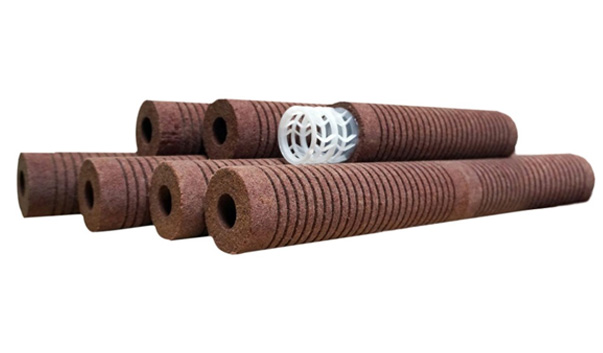

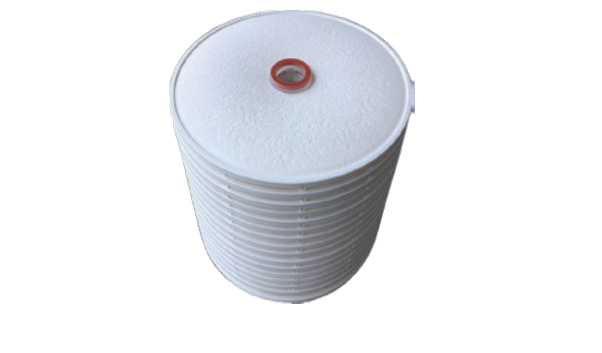
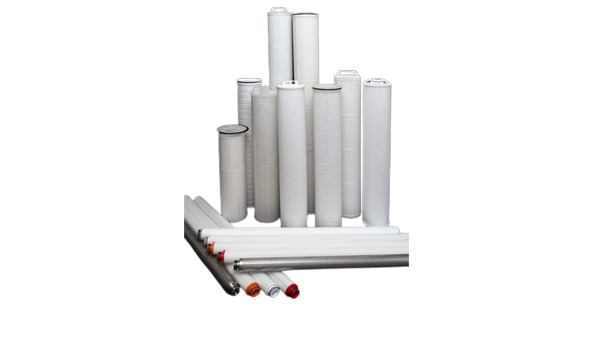
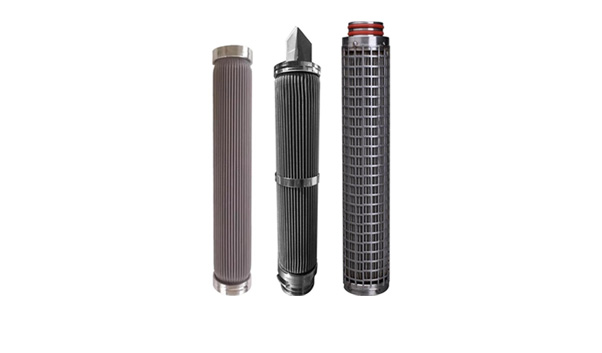

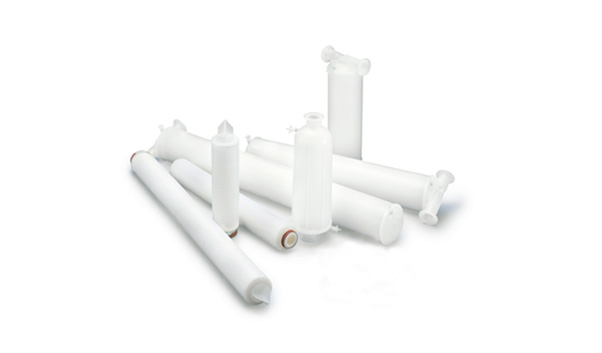

Filtration helps maintain consistency in product quality. In industries like textiles, filtration ensures that dyes and chemicals are free from impurities, resulting in uniform product colour and texture.
Many manufacturing processes require water, which must be treated and filtered to meet quality standards. Inadequate water treatment can lead to equipment corrosion and product quality issues.
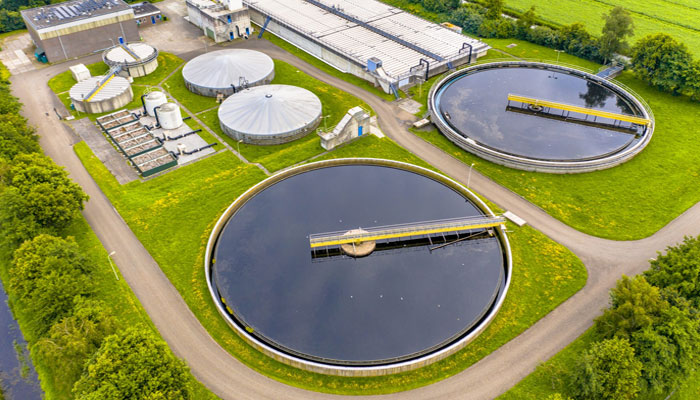
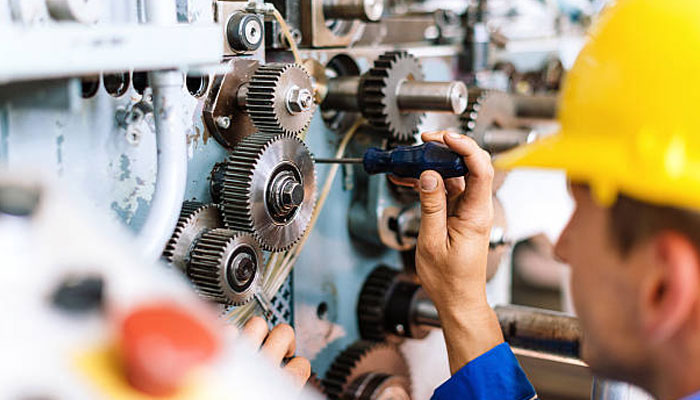
Filtration extends the life of machinery and equipment by preventing wear and tear caused by particulate contamination. This reduces downtime and maintenance costs.
Proper filtration reduces energy consumption by preventing fouling and scaling in heat exchangers and other equipment. This is particularly important in power generation and electronics manufacturing.
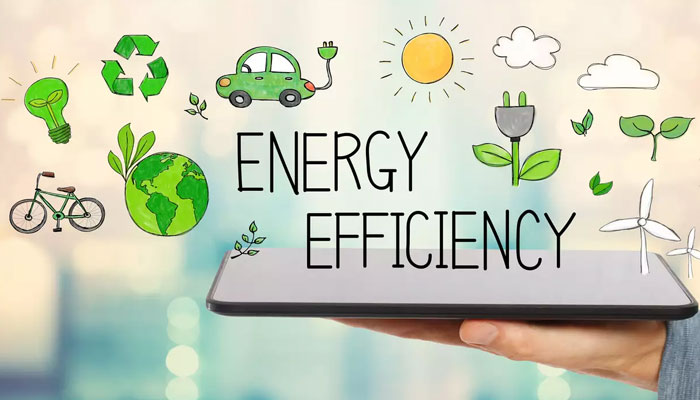
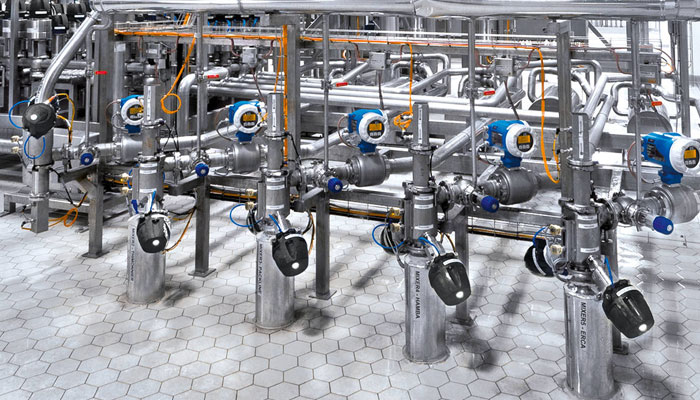
Filtration is used to recover valuable materials and reduce waste. In industries like mining and metals, it aids in the separation of valuable minerals from ore concentrates, maximizing resource utilization.
Filtration protects workers from exposure to harmful substances and particulates. For instance, in paint and coatings manufacturing, air filtration systems are used to remove fumes and particles, creating a safer working environment.
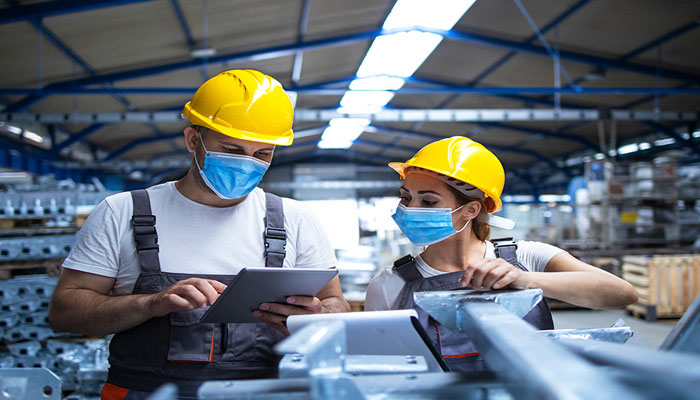

Filtration is essential for adhering to environmental regulations. It helps in removing pollutants and hazardous substances from wastewater and emissions, preventing harm to the environment. Compliance with environmental standards is especially critical in industries like chemicals and petrochemicals.
Filtration is crucial for maintaining the efficiency of manufacturing processes. It prevents clogging and fouling of equipment, ensuring the smooth operation of machinery. Clean process fluids contribute to consistent and reliable production. In the food and beverage industry, for instance, filtration is used to clarify liquids and remove particles, ensuring product consistency.


Filtration is employed to remove solid particles, contaminants, and impurities from raw materials, process fluids, & final products. By doing so, it enhances the purity & quality of manufactured goods. For instance, in pharmaceutical manufacturing, filtration ensures that drugs are free from particulates, guaranteeing their safety & efficacy.